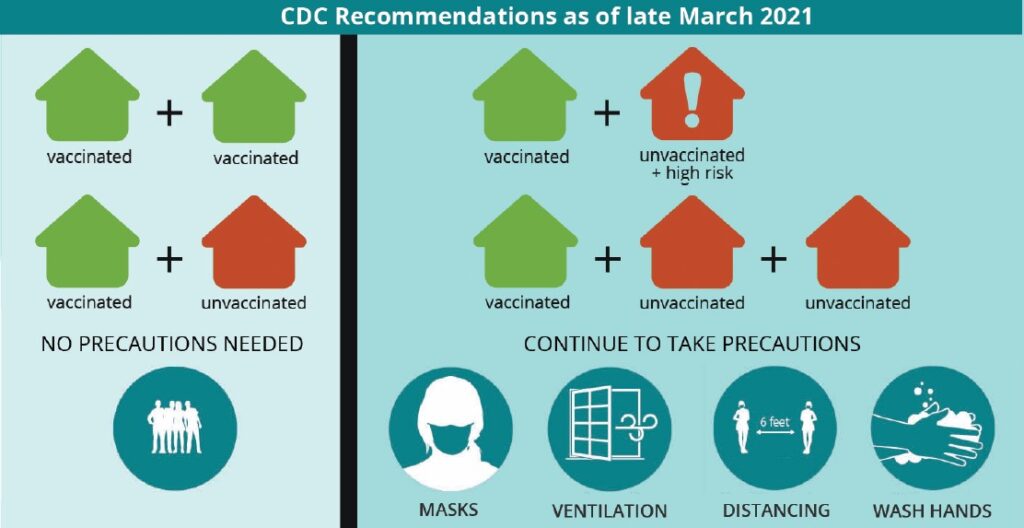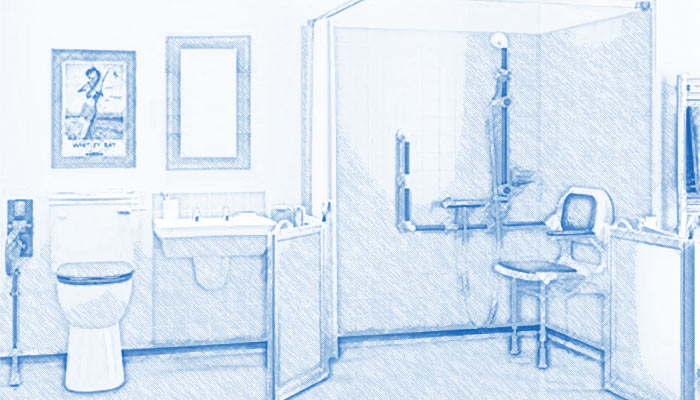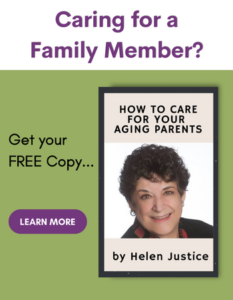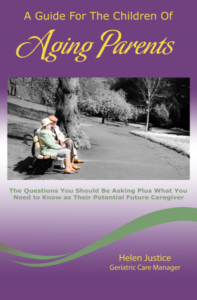by Hannah
Skin cancer is very common. In fact, one in every three cancers diagnosed are classified as skin cancer. But what is skin cancer? The Epidermis (skin) is made up of four different types of cells Merkel, Langerhans, Keratinocytes, and Melanocytes. Skin cancer occurs when irregular skin cells form to create a malignant or benign lesion. Malignant lesions are more aggressive and considered cancerous. Benign lesions are considered non-cancerous. These irregularities within the cells are a DNA mutation caused by ultraviolet light.
Skin cancer is most commonly a result of sun exposure. There are steps you can take to safeguard yourself from developing the disease. First and foremost, anytime you are going to be exposed to sun you should be wearing sunscreen. When selecting sunscreen, make sure you choose broad spectrum with an SPF of 30 or higher. When you have outdoor activities planned make sure you are covering up or enjoying your time in shaded areas. Avoid tanning beds. Although it may be tempting to achieve that summer glow from a tanning bed, it is not worth it. When you use a tanning bed, you are exposing your skin to direct ultraviolet light, the very thing that causes skin cancer.
Even after taking precautions, skin cancer can still develop. It is important to note, although skin cancer is most commonly caused by sun exposure, it can develop in areas of the body that are not exposed to sun. That is why it is important to know what to look for and to search your body thoroughly. You should be examining your skin every month and visiting a dermatologist each year for a full examination. You should see your dermatologist right away if you spot any notable skin issues.
Where should you be looking and what are you looking for?
Typically, skin cancer forms on sun exposed skin. Primarily affected areas are scalp, lips, chest, arms, hands, face, and ears. When you perform your examination remember you ABCDE’s:
A – Asymmetry, lopsided or uneven.
B – Border, irregular edges like a puzzle piece or blurred edges.
C – Color, red, white, blue, or pink.
D – Diameter, size of the growth.
E – Evolution, changes noted to the growths size, color, edges, etc.
Monitoring your skin for these changes is a helpful habit to create. Early detection is key in treating skin cancer. If caught in the early stages surgical excision is often the only treatment necessary.
When visiting your dermatologist, they will perform a full body scan to check for growths. If your dermatologist notes any irregularities, they will mark them and discuss a biopsy with you. A biopsy involves removing the lesion and sending it to a lab for review. The lab will take the lesion and perform a microscopic examination to look for cells that tell them what type of lesion was excised.
There are 3 main types of skin cancers; Basal Cell Carcinoma, Squamous Cell Carcinoma, and Melanoma.
Basal Cell Carcinoma is most commonly found on the face and neck. They can be described as a flat flesh color or brown scar like bump. Usually they bleed and scab but will return each time.
Squamous Cell Carcinoma is typically found on the neck, face, ears, and hands. Manifesting in a firm red nodule or a flat lesion.
Melanoma, the most dangerous, appear as a large brown spot with irregular borders. They can also have a red, pink, white, or blue color at the borders. They change each day as they grow. They also cause pain and an itching or burning sensation.
Once your dermatologist receives results back from the lab, they will review them with you. Excision may be the only treatment necessary, however, there may be more treatment steps involving further surgery or radiation treatment. Your dermatologist will advise you on what steps to take.
Remember to keep in mind that skin cancer is the cancer you can see and the cancer that you can take precautions to prevent. Being mindful of sun exposure and taking the proper precautions to protect yourself in addition to regular skin screenings you can protect yourself and those you love from skin cancer .





















Stay Up To Date With AWGCM